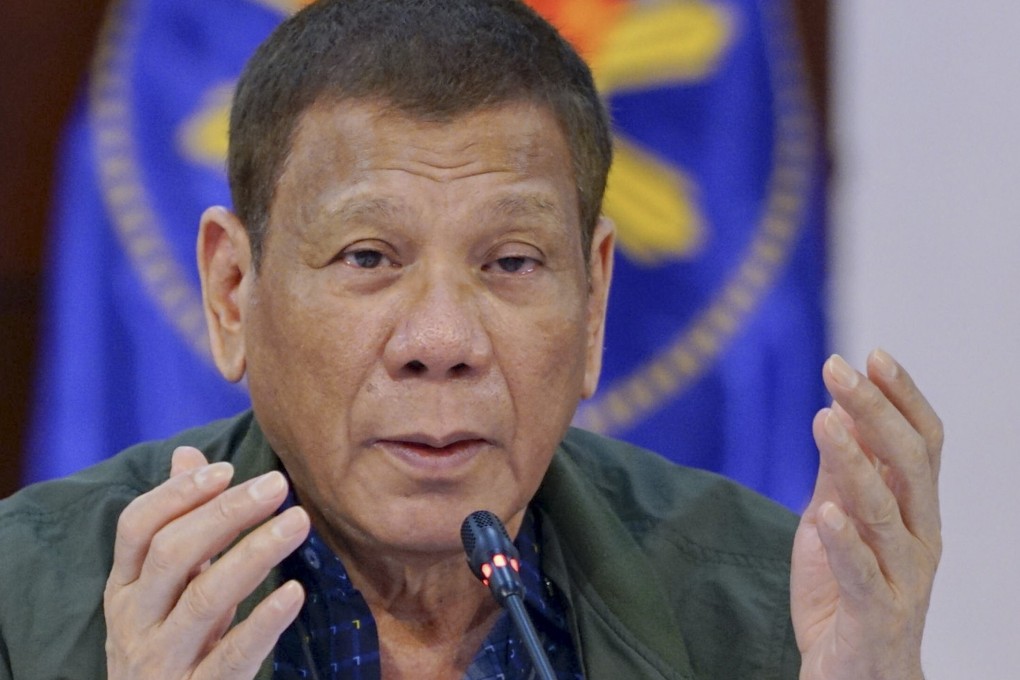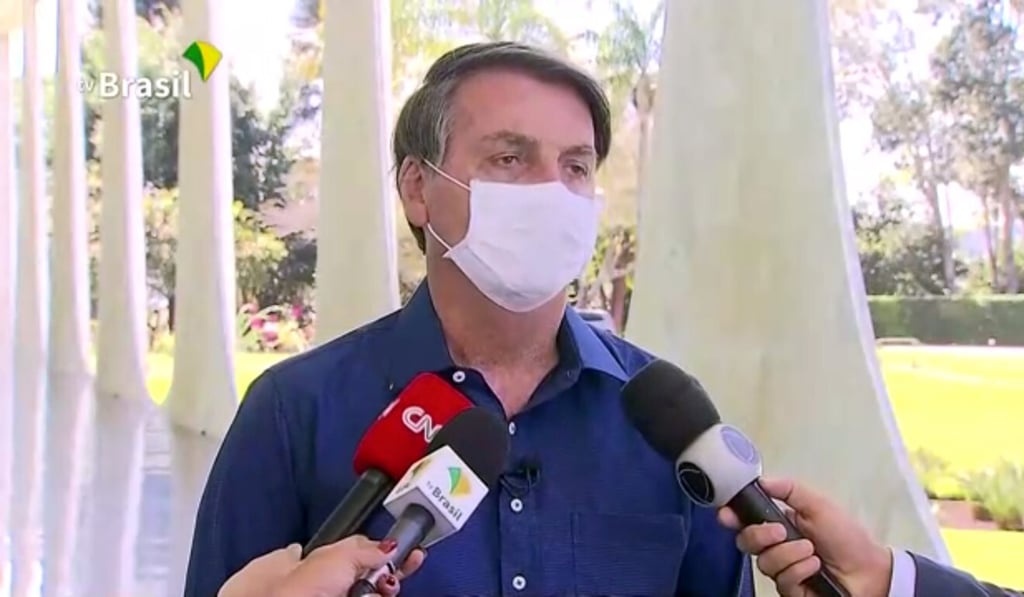Duterte reopens Philippine economy but ‘can’t be like Trump, Bolsonaro’ as Covid-19 cases rise
- The president says he cannot emulate the ‘devil-may-care attitude’ of his American and Brazilian counterparts towards the pandemic
- His decision to relax some restrictions comes amid a rise in cases that has seen the Philippines record the second-most confirmed infections in Southeast Asia

“We cannot afford really a total epidemic or pandemonium. We are poor, we cannot afford to gamble,” Duterte said on Wednesday. “We are still grappling with the first wave.”
He said he would “have to be very circumspect in reopening the economy” given the recent spike in coronavirus cases. The country has 47,783 confirmed infections as of Tuesday, the second highest in Southeast Asia after Indonesia, and 1,309 deaths.
From Philippines to India, women are leading the coronavirus fight – and still losing out
“While health measures are absolutely necessary for us in fighting this pandemic, increasing economic activity in a responsible manner is a matter of national survival and priority,” Dominguez said at a government forum after Duterte’s remarks.
“Health and livelihood is not a binary choice. We must protect lives in ways that do not prevent us from earning a living. This is a tough decision to make but we need to do this.”

He also said the government expected the Philippines’ debt-to-GDP ratio to rise to 50 per cent from 39 per cent last year as it increased borrowing to mitigate the economic impact of the pandemic.